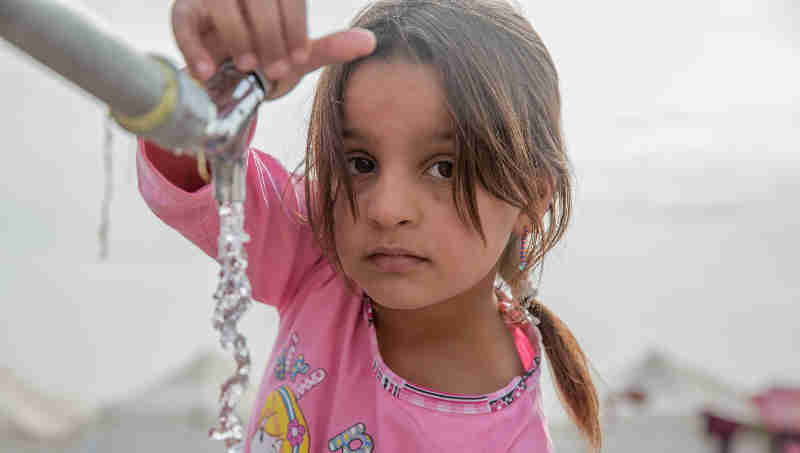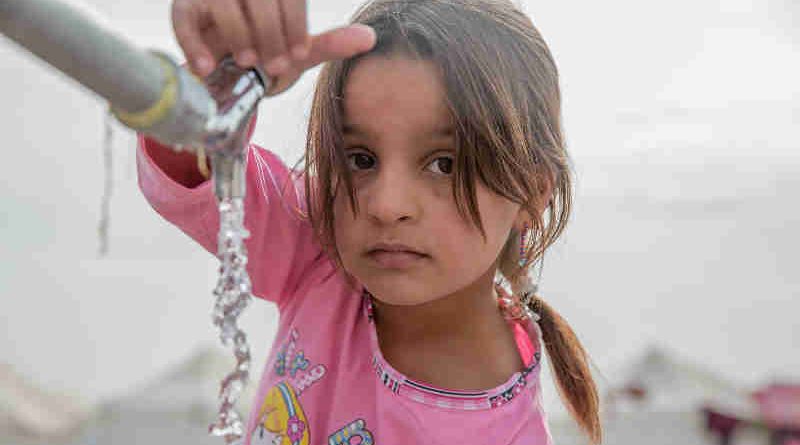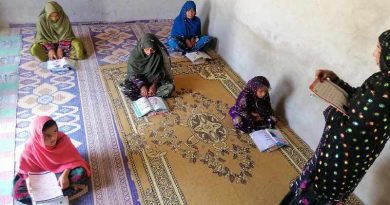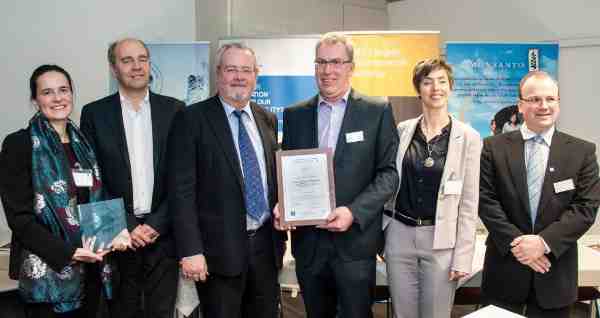27 Million People Lack Safe Water in Countries Facing Famine

Water shortages, inadequate sanitation, poor hygiene practices and disease outbreaks are posing an additional threat to severely malnourished children in northeast Nigeria, Somalia, South Sudan, and Yemen, UNICEF said today.
Across the four famine-threatened countries, nearly 27 million people are reliant on unsafe water which, for malnourished children, can lead to fatal diarrheal diseases.
“The combination of malnutrition, dirty water, and poor sanitation sets off a vicious cycle from which many children never recover,” said Manuel Fontaine, UNICEF Director of Emergency Programmes.
“Because unsafe water can cause malnutrition or make it worse, no matter how much food a malnourished child eats, he or she will not get better if the water they are drinking is not safe.”
[ Delhi Residents Unite to Stop Construction and Pollution in Dwarka ]
In northeast Nigeria, 75 per cent of water and sanitation infrastructure in conflict-affected areas has been damaged or destroyed, leaving 3.8 million people with no access to safe water.
Displaced families are putting enormous pressure on already strained health and water systems in host communities. One third of the 700 health facilities in the hardest-hit state of Borno have been completely destroyed and a similar number are non-functional.
In Somalia, the number of people needing access to water, sanitation and hygiene in the coming weeks is projected to increase from 3.3 million to 4.5 million – about a third of the population.
Many water sources have dried up or are contaminated, toilet facilities are in short supply, and water-borne diseases are rampant.
[ Life-threatening Environmental Hazard at DPS Housing Society in Delhi ]
More than 13,000 cases of cholera and acute watery diarrhoea have been reported since the beginning of the year, nearly five times more than in the same period last year. Water prices have risen six-fold in the remotest areas – putting it out of reach of the poorest families.
In South Sudan, 5.1 million people lack safe water, adequate sanitation and hygiene. Half of the water points in the country have been damaged or destroyed.
As a result of seasonal dry weather, low water tables are reinforcing competition for water among people and animals, with the result that scarce water sources are being over-used.
[ Nearly 600 Million Children to Have Limited Access to Water ]
Lack of adequate sanitation facilities and poor hygiene practices are spreading disease. A cholera outbreak in June 2016 produced more than 5,000 cholera cases and over 100 deaths.
In Yemen, ongoing conflict and mass population displacement have left at least 14.5 million people without adequate drinking water, basic sanitation and hygiene, while causing damage to water infrastructure.
An outbreak of cholera and acute watery diarrhoea in October 2016 continues to spread, with over 22,500 suspected cases and 106 deaths. Almost 2 million children are at risk of diarrheal diseases which, even before the conflict, were the second leading cause of death among children under the age of five.
The primary health care system in the country is on the verge of collapse, putting the lives of millions of children at risk.




